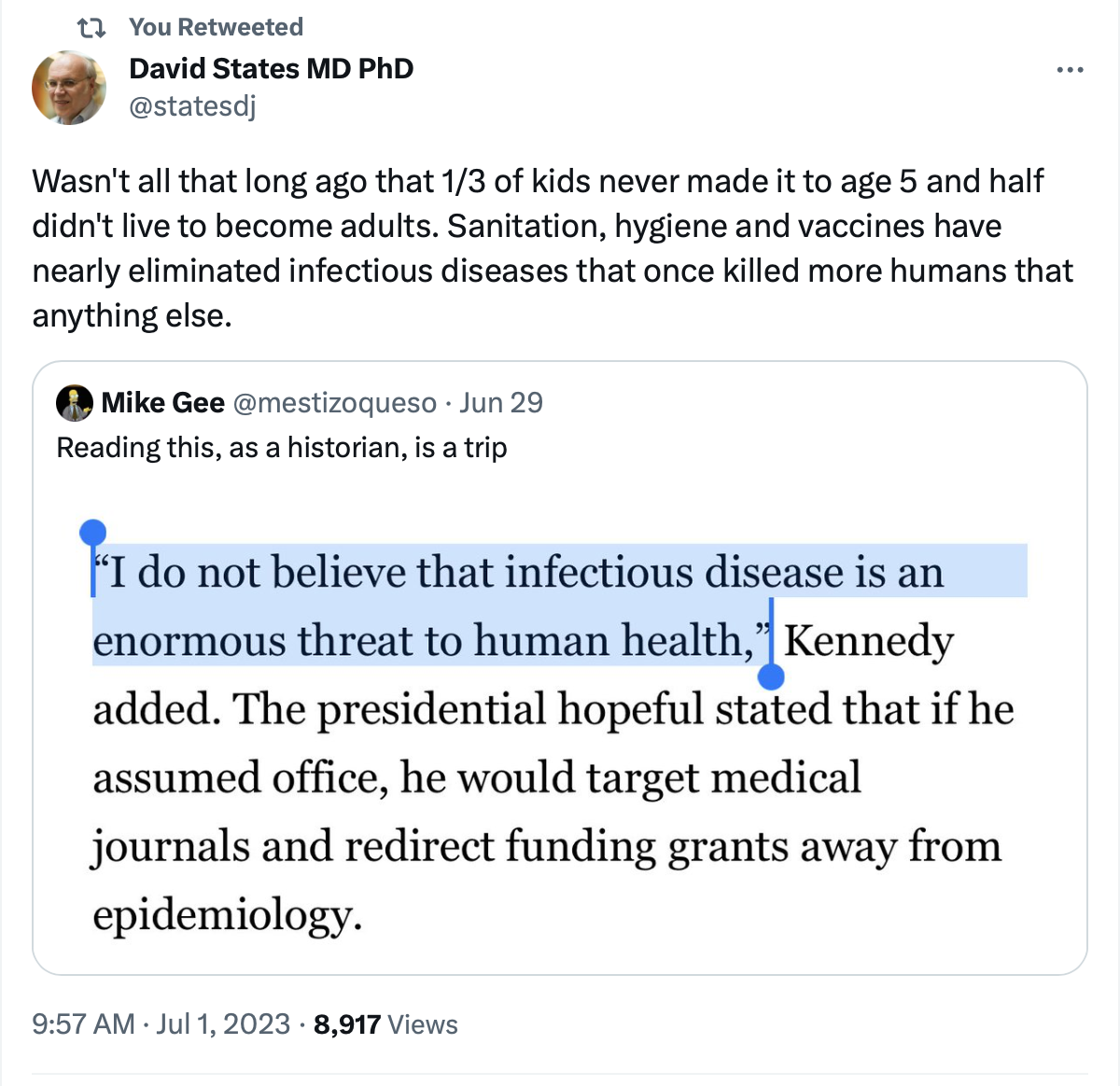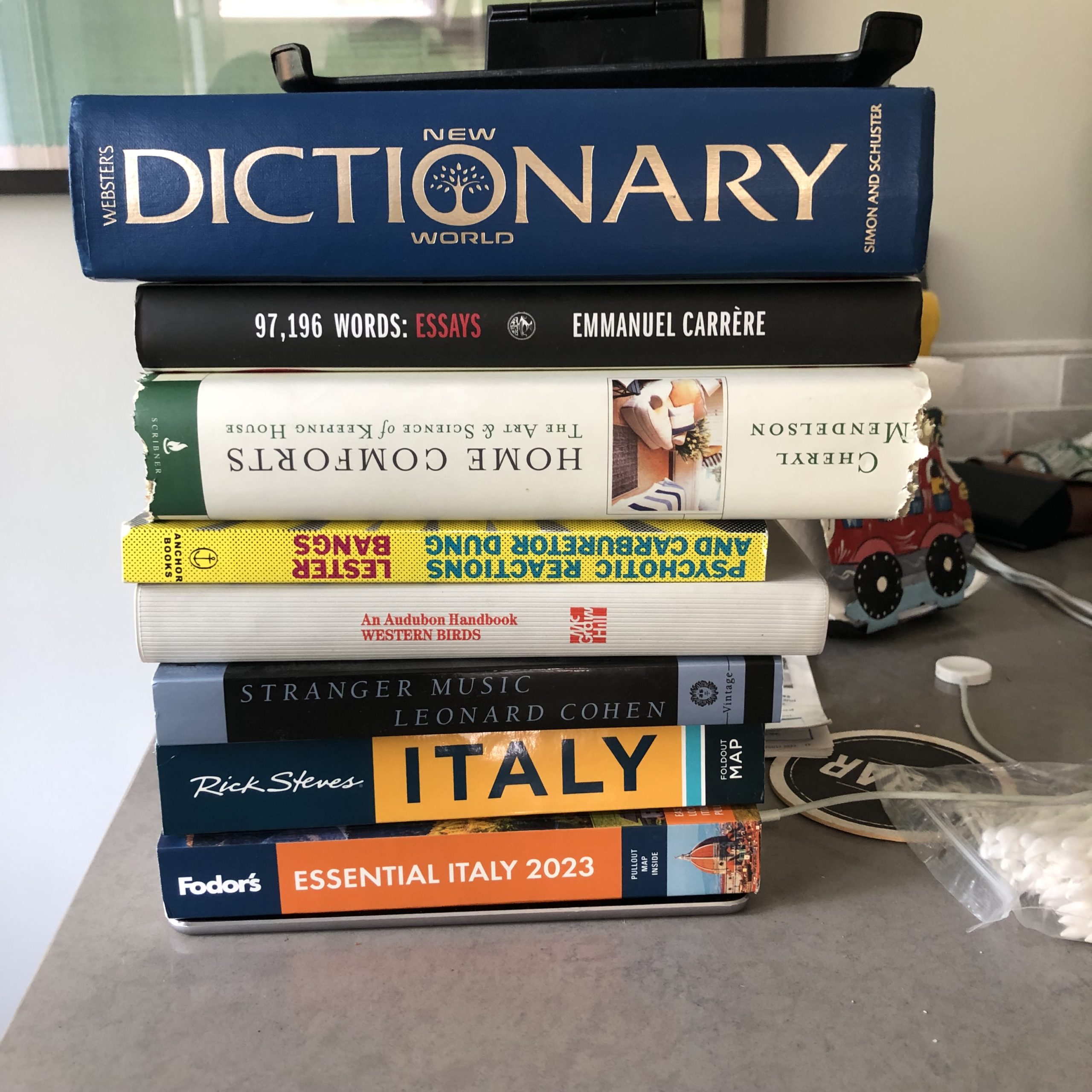Attachment parenting was getting a lot of attention when I was mother to a young child. This is the school of thought that includes carrying the kid at all times in a complicated sling, extended breast-feeding and the family bed.
It wasn’t my thing, but it did get me thinking, on walks and bench-sits on the playground, about the idea of attachment. A child grows inside you, is born, and you hold it close for a few weeks, then put it down (but still hold it a lot). Then they start walking, you hold their hands, etc., until one day you realize you’re a TOTAL EMBARRASSMENT and your child would appreciate it if you’d just get lost for the next five years or so, and then eventually they come back to you as adults.
It’s the adolescence that most challenges you, because it’s then that you most clearly realize that in the act of creating a new human life, you’ve done just that — create a new life, separate from your own. You and your partner each threw 23 pairs of chromosomes on the table and let them fight it out, and something entirely different emerged. Your child may look like your mini-me, but they have their own mind, and what’s more, they’re growing up in a different era from you, so even if they’re good kids who respect their parents and never put a foot wrong, they’re reflections of their own time and generational peers, at least to some degree.
And this is a good thing. The world needs to change, and it needs young people to change it. You may not like every change, but you’re not on the committee, no one’s going to ask your permission. Sorry about that.
Now someone, please tell this to the Moms for Liberty.
They’ve been getting a bit of PR lately, for their surprisingly successful attempts to gain spots on school boards. Our own was overtaken by a conservative majority last fall, and while they’ve mainly been concerned with budget matters, a number of them stressed “parental rights” in their campaigns, and the M4L has a chapter here. (Although not sure how active/influential they are. They seem to do better in the farther-out hinterlands.)
It’s a little frustrating for a person who knows how education works, or is supposed to work. Teaching is hard, hard work, and one thing you can grant your child’s teachers is the grace to let them do the work they were trained to do. They cannot consult with every parent on every book on the English reading list or in the library, or whether the Civil War should be taught this way or that way. You have to trust educators to educate. It’s part of the letting-go process for parents: Your kid will not learn exactly what you did, because they are not you. If you have a problem with that, prepare to homeschool.
Here’s another thing that struck me as the mother of an infant: You give birth to this tiny, perfect individual. Their skin is nearly transparent, their digestive system little more than a tube. And if you’re lucky, you breastfeed exclusively for however many months, and it’s all fine. Breast milk is the perfect food for junior. The diapers may be copious, but weirdly, they don’t smell bad.
Then you introduce solids, and hoo-boy, hold on to your hat for that diaper, because it’s going to burn your eyebrows off. It seemed like a metaphor. I told Alan at the time, “Now begins the world’s corruption of our perfect child.” Soon she’d be watching more television than I was comfortable with, eating foods with too much sugar, all that. I made many, many mistakes raising her, like everyone does. But she turned out all right. Almost everyone does, if their parents aren’t abusive and they don’t roll bad genetic dice.
You never stop worrying. You never stop thinking, what could I have done differently? But if you’re lucky, you should be able to start letting go at some point. You have to. If you’re religious, you say they belong to God, and it’s out of your hands. If you’re more like me, you might tell yourself you can’t control teenagers, not really. Weren’t you a teenager once? Didn’t you do all kinds of stupid shit? I had a curfew, and in later life I was very happy my parents set that boundary, because the kids who didn’t — hoo boy, you can’t believe what they got up to. Some of my friends had something called the GOOTH Club. GOOTH stood for Get Out Of The House, which they’d do once their parents fell asleep, sometimes by climbing out windows, after which someone would take a car from the garage and they’d spend all night — all night! — driving around. Once they drove to Cincinnati and back. Then they’d go to school the next day. They were not good students.
I’m rambling. But I was thinking about all this after reading this New York Times piece (gift link) on the new battleground of the, get ready, school play. Of course the recent production in Fort Wayne was mentioned, but also:
For decades student productions have faced scrutiny over whether they are age-appropriate, and more recently left-leaning students and parents have pushed back against many shows over how they portray women and people of color. The latest wave of objections is coming largely from right-leaning parents and school officials.
You don’t say.
Drama teachers around the country say they are facing growing scrutiny of their show selections, and that titles that were acceptable just a few years ago can no longer be staged in some districts. The Educational Theater Association released a survey of teachers last month that found that 67 percent say censorship concerns are influencing their selections for the upcoming school year.
In emails and phone calls over the last several weeks, teachers and parents cited a litany of examples. From the right there have been objections to homosexuality in the musical “The Prom” and the play “Almost, Maine” and other oft-staged shows; from the left there have been concerns about depictions of race in “South Pacific” and “Thoroughly Modern Millie” and gender in “How to Succeed in Business Without Really Trying” and “Bye Bye Birdie” and “Grease.” And at individual schools there have been any number of unexpected complaints, about the presence of bullying in “Mean Girls” and the absence of white characters in “Fences,” about the words “damn” (in “Oklahoma”) and “bastards” (in “Newsies”) and “God” (in “The Little Mermaid”).
Check out this story from Lebanon County, Pennsylvania, where the board rejected “The Addams Family,” literally the most-performed high school musical in the country, over its “dark themes,” which the school-board president described thusly: “The fundamental thematic theme, for me that I could see, was moving towards darkness, embracing death, embracing despair, embracing the pain.” Jesus Harold Christ, you idiot, IT’S A JOKE. Imagine growing up in that house. I bet their kids are charter members of the GOOTH Club.
I know some parents who might more closely align with my beliefs have raised hell over things like racial slurs in Mark Twain and the plays mentioned above, but man, I am done with that shit. (I never was one of them, anyway.) Read Huckleberry Finn. Yes, the text has the N-word. Talk about it. Discuss why Twain used it, why it’s OK to use it between black friends, but not if it comes from others. Talk about the era in which Twain wrote. Ask why it’s OK that art is disturbing. Move on. Find another book that makes another group uncomfortable. Dive in, get dirty, learn something. You can’t keep children cosseted forever, and it’s a sin, it’s wrong, to even try.
Oh, well. It’s still Independence Day, and it’s nice to have a midsummer holiday in which we are expected to do little other than enjoy the day, eat some hot dogs, light some sparklers. We went sailing. It was very nice.
Speaking of Jesus Harold Christ:

This guy. I mean.
Also, as Abraham Lincoln once said: Don’t trust everything you read on the internet. The story of a lefty provocateur who wasn’t even real.
Enjoy the fireworks! Happy Fourth!


